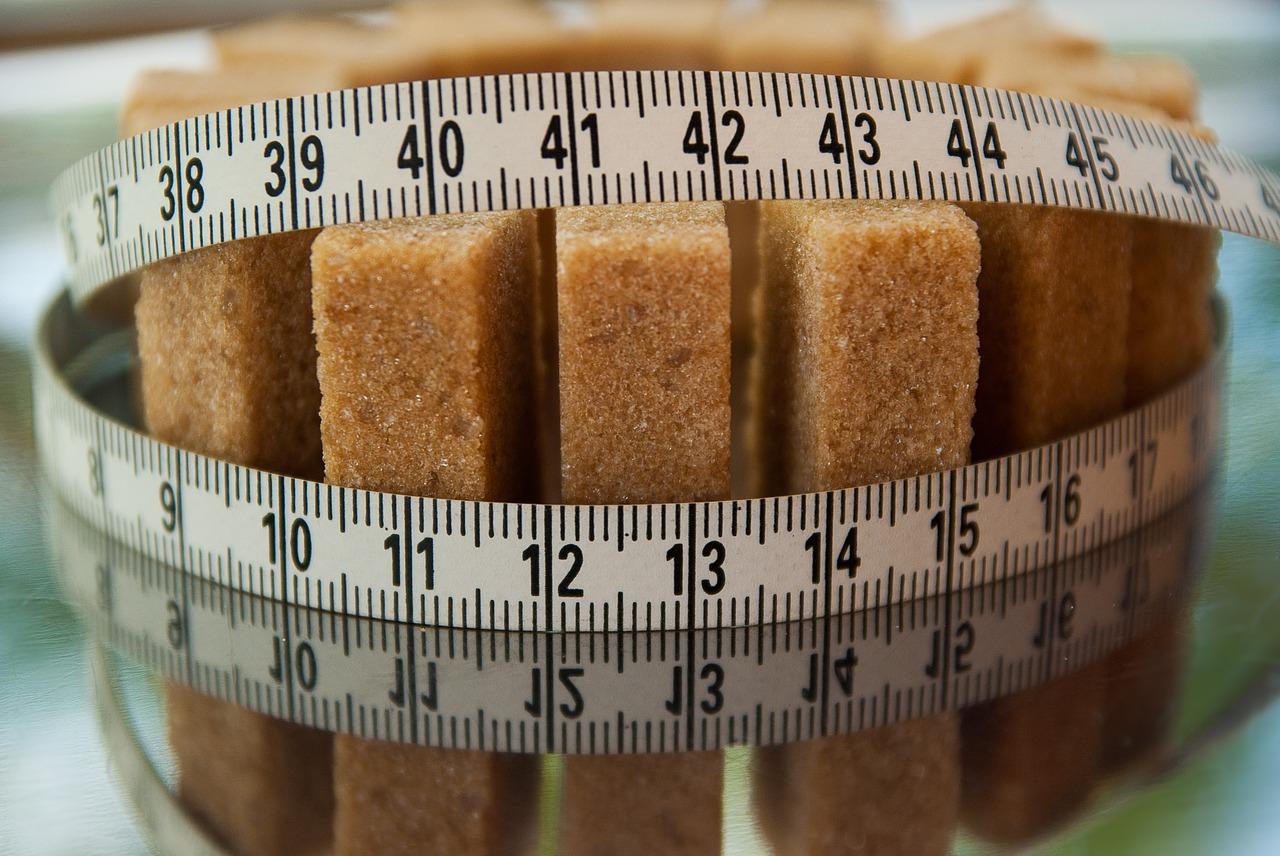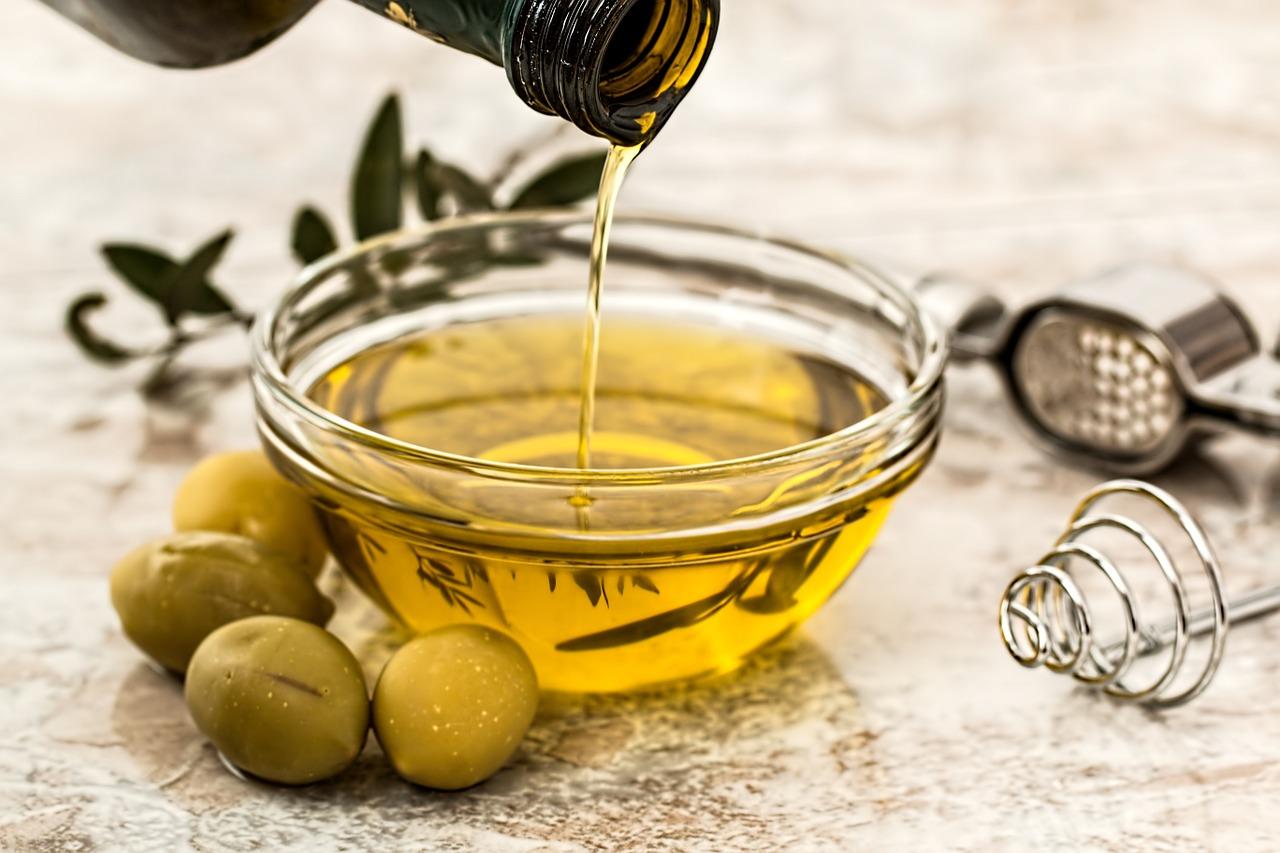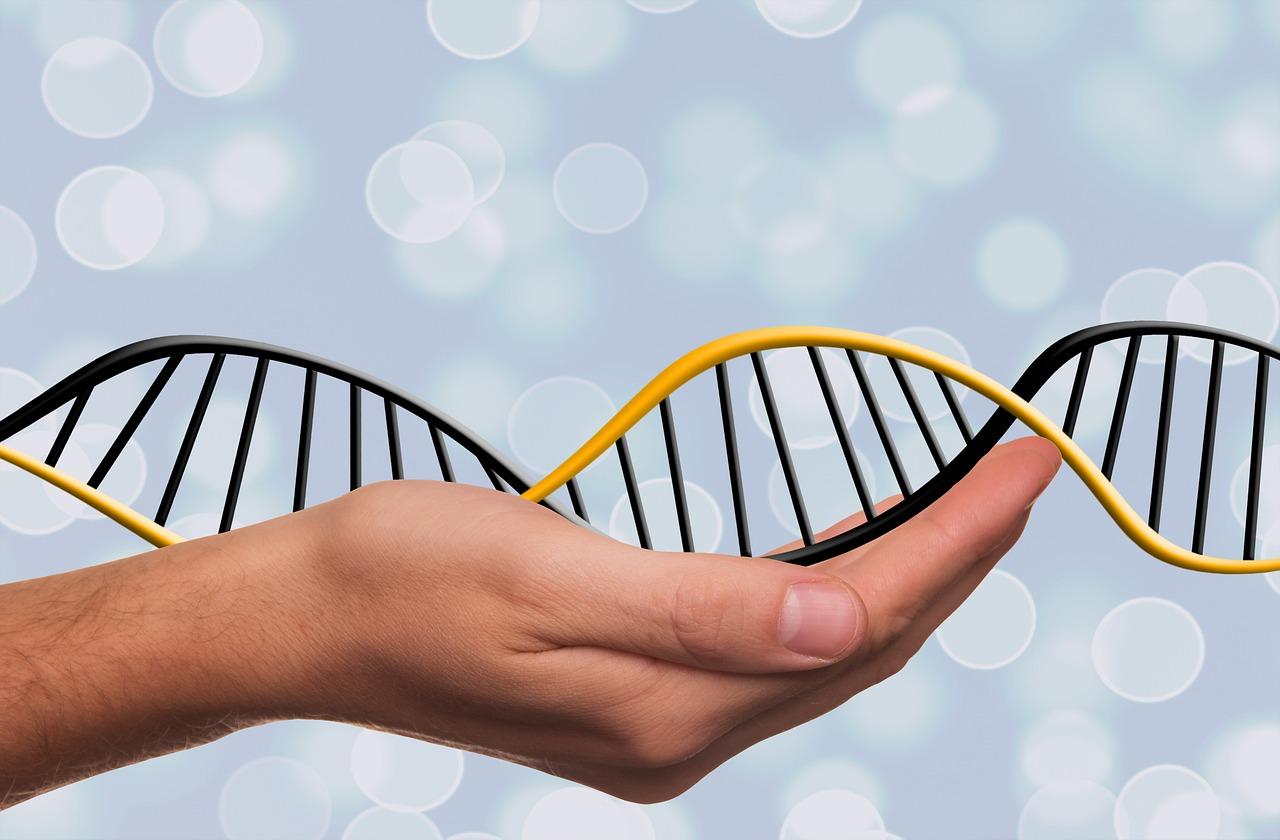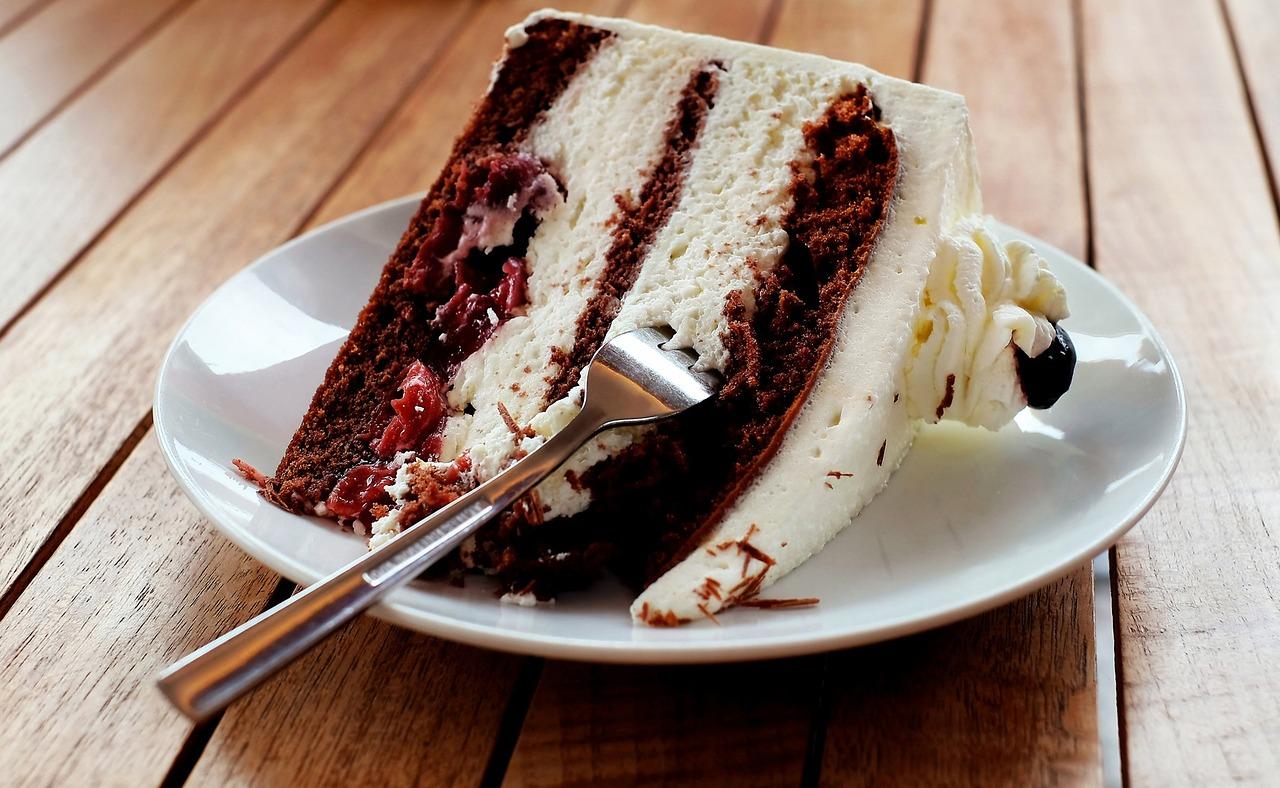
4 Popular food myths that drive me crazy
I recently went for a meal at Millstones in Ottawa and noticed that they had started labelling menu items with calorie intake. Since January 1st, 2017, all restaurants in Ontario with more than 20 locations have to show how many calories each of their food and drink menu items represent. While some health commentators have seen this change as a positive move in the fight against obesity it only reinforces one of a number unhealthy food myths
When it comes to overall health and weight loss, there’s an abundance of opinion out there. Regrettably, most of it is lousy, mistaken, antiquated and scientifically outdated.
This ubiquitously bad advice can hinder weight loss and even harm your health. In this article, I outline four popular food myths that drive me crazy.
 Myth number 1 – All Calories are Created Equal
Myth number 1 – All Calories are Created Equal
A calorie is a calorie, right? Incorrect. This myth that refuses to go away prevents people from becoming and remaining well, as well as losing weight and keeping it off.
The prevailing thinking is as long as we burn more calories than we consume, we will lose weight. The multi-billion dollar weight loss industry preserves this myth and relies on you accepting it to stay afloat.
Believing that dropping weight is all about calories in and calories out, greatly simplifies the truth. The food industry embraces this myth as it keeps you acquiring more junk food.
The truth is, there are good and bad calories. Your body is much more complicated than a simple math problem. When we consume, our food interacts with our physiology, a complex adaptive system that spontaneously changes every bite. Food is more than just calories. Food is information showing our cells what to do.
In fact, the food you eat affects your hormones, neurotransmitters and metabolism. The calories from sugar cause fat storage and increase cravings. Calories from fat and protein support fat burning. What is more important, is the quality and not the quantity, of the calories.
The best quality calories come from whole foods. Calories from whole foods are usually lower in calories as contrasted with processed foods. This fact is why calorie counting isn’t required when you consume fresh foods.
Whole foods include:
- Healthy proteins such as grass-fed animal meat, organic eggs, chicken, wild-caught fish, and nuts and seeds.
- Healthy fats such as avocado, cold pressed extra-virgin olive oil, coconut oil and omega-3 fats from fish and grass fed beef.
- Good carbohydrates like brightly coloured vegetables, fruits like wild berries, apples and kiwis.

Myth number 2 – Your Genetics Determine Your Health
Most doctors still believe we are predisposed to weight gain due to family history. In other words, if your parents are obese and your grandparents are fat, that is why you are overweight. You were dealt the fat gene in the game of genetic roulette.
As a strong believer that food is the best medicine and information for our cells, I can promise you our genes do not direct ultimate health outcomes. We hold much more control over them.
Humans have thirty-two fat genes that account for only nine percent of obesity cases. Even if you had all of these fat genes, you would put on only approximately twenty-two pounds.
Scientists have discovered that our genes only change two percent every 20,000 years. About thirty-five percent of Canadians are obese today, and by 2050 that number is predicted to rise to over fifty percent. Our genes simply don’t evolve that quick enough to keep up with this growth.
Our genes can not be blamed for this sad state of affairs. It is because that we went from consuming approximately ten pounds of sugar, per person, per year in 1800 to one hundred and fifty-two pounds of sugar per person, per year today. These large doses of sugar disturb our metabolism and make us fat.
Various factors cause obesity, but the least of them is genetics.
 Myth number Three – You Cannot Out-Exercise a Bad Diet
Myth number Three – You Cannot Out-Exercise a Bad Diet
The myth that you can consume anything you want and burn the calories with exercise is simply wrong and makes no sense if you know how the human body operates.
If you believe in losing weight by doing more exercise, you are in for a huge letdown if you decide to treat yourself to a post-workout muffin or sugary snack.
If you rely on exercise to lose weight without changing your diet, you will probably fail. You can improve your diet and lose weight, but if you exercise and maintain your diet the same, you may increase muscle mass, improve stamina and be healthier overall, but you will not drop many pounds.
Let me put this into perspective. If you drink just one twenty-ounce soda, you’ll have to walk four-and-a-half miles to burn it off. If you eat one Big Mac super-sized fast-food meal from MacDonalds, you will have to run four miles a day for a week to burn it off. If you eat that every day, you will have to run 26 miles every single day to burn it off.
You honestly cannot exercise your way out of a bad diet. Yes, exercise is essential to health, but to drop weight and keep it off you need to combine exercise with a healthy whole food diet filled with plenty of vegetables, healthy fats and good quality protein.
Myth number 4 – Eating Fat Makes You Fat
In the words of Mark Hyman MD, author of the New York Times best selling book, Eat Fat Get Thin, "Fat is not a four-letter word!" Fat not only does not make you gain weight, but it's also crucial to health and weight loss.
 Scientific research analysing a high-fat diet that is identical in calorie count to a high-sugar diet found that they had totally different effects on metabolism. The researchers found that the higher-fat diet caused participants to burn an extra 300 calories a day. That is the equal to running for an hour.
Scientific research analysing a high-fat diet that is identical in calorie count to a high-sugar diet found that they had totally different effects on metabolism. The researchers found that the higher-fat diet caused participants to burn an extra 300 calories a day. That is the equal to running for an hour.
High-quality dietary fat accelerates your metabolism, while sugar slows it down.
In studies using mice that ate the same calorie diets of either high-sugar or higher-fat and protein foods, the researchers observed that higher-sugar diets caused more fat deposition and muscle loss, whereas the higher-fat and protein diets led to increased muscle mass and fat loss. Bear in mind that both groups were consuming precisely the same number of calories.
Healthy fats are your cells’ favoured food, particularly fats called medium-chain triglycerides (MCTs) that come from foods like coconut oil.
You should avoid trans fats. However, healthy fats like extra-virgin olive oil, coconut oil, avocado, nuts, seeds and nut butter keep us satisfied and will optimise your metabolism. Please do not fear fat!
If you liked this information, please share it with your friends and family on Facebook and Twitter.









